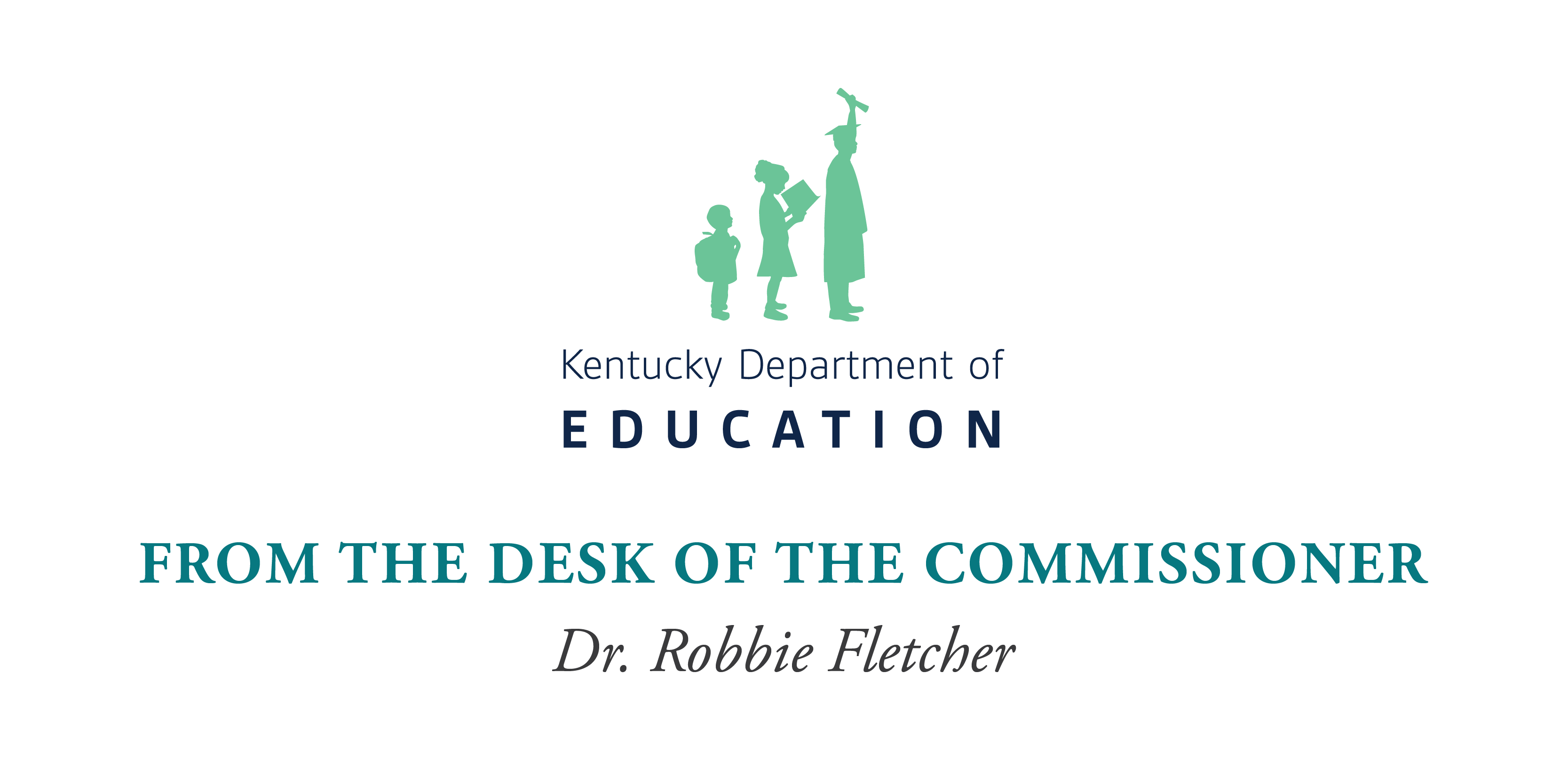
By Sky Carroll
sky.carroll@education.ky.gov
The School Curriculum, Assessment and Accountability Council (SCAAC) met on July 21 to discuss graduation requirements, non-traditional instruction (NTI) programming and the legislative impacts for the 2020-2021 school year.
SCAAC has 15 voting members representing areas such as career and technical education (CTE), early childhood education, principals and parents of students. Its purpose is to assess and discuss academic standards, curriculum, school accountability and other aspects of education and advise the Kentucky Board of Education (KBE) and legislative committees.
In the 2020 legislative session, Kentucky’s General Assembly passed Senate Bill 158, which made changes to the statewide accountability system, graduation requirements and school improvement provisions.
Micki Ray, policy adviser for KDE’s Office of Teaching and Learning, explained the impact of SB 158 on graduation requirements.
“The state minimum graduation requirements will stay the same for students who are juniors and seniors during the 2020-2021 school year,” Ray said. “They will be amended for students who will be freshman and sophomores during 2020-2021 and all students after.”
Ray said all students still will complete 22 credits over four years in order to graduate, but statewide requirements can no longer include a “postsecondary readiness indicator used in the state accountability system or a minimum score on a statewide assessment.”
According to Ray, those indicators can include “meeting or exceeding a college readiness benchmark score or achieving college credit, such as earning dual credit, passing an Advanced Placement exam, obtaining apprenticeship time or working toward an industry recognized certification or credential.”
Local boards of education also will have to eliminate any graduation requirements that include students needing to achieve a minimum score on a statewide assessment.
Ray said that schools will best be able to support students who entered high school in 2019-2020 by further aligning coursework with students’ Individual Learning Plans (ILP) and their plans after graduation.
Associate Commissioner Rhonda Sims of KDE’s Office of Assessment and Accountability said that SB 158 did not make many changes to school assessment, rather to school accountability.
SB 158 will require districts to be evaluated on “status” and “change” for state indicators, which exclusively include student assessment results, progress toward achieving English proficiency by English learners, quality of school climate and safety, high school graduation rates and postsecondary readiness.
For each indicator, there will be five status levels ranging from very high to very low and five change levels, ranging from increased significantly to decreased significantly.
“With this, we can bring everything together to monitor overall school performance for each district,” said Jennifer Stafford, director of KDE’s Division of Assessment and Accountability Support.
However, some SCAAC members voiced concerns about reporting this data during the COVID-19 pandemic and the reliability of the data.
“Every district is able to deal with this pandemic at different levels,” said SCAAC member Kelly Bradley, an education professor at the University of Kentucky. “I’m a little worried about any data that comes out of this year. I think we will need to give some notice to stakeholders of what we should consider.”
Sims said they recognize that this legislation was passed before the pandemic, so concerns about reporting can be addressed by next year’s General Assembly and legislative education committees.
Regarding NTI, Stafford briefly discussed KDE’s guidance “COVID-19 Considerations for Reopening Schools: Evaluating Students’ Academic Readiness.” Stafford acknowledged concerns about students falling behind because of extensive school closures. When it comes to monitoring progress this year, Stafford and Sims both stressed the importance of reporting and examining student participation rates.
“We don’t know how all of our students will react to NTI,” Stafford said.
David Cook, KDE’s director of innovation and coordinator of the NTI Program, discussed an amendment to 701 KAR 5:150, which has to do with NTI programming. In the past, districts had to apply to be able to use NTI during the year. With the amendment, it now allows districts to include NTI in their Comprehensive District Improvement Plan (CDIP) beginning in the 2021-2022 school year to allow for flexibility with the COVID-19 pandemic.
Along with the amendment, the memorandum submitted on June 24 by interim commissioner of education Kevin C. Brown and signed by Lt. Gov. Jacqueline Coleman, who also serves as secretary of the Kentucky Education and Workforce Development Cabinet, gives districts an unlimited number of NTI days. It also allows districts to use attendance data from the 2018-2019 school year to apply for funding for the 2020-2021 school year, rather than solely data from 2019-2020.
Among other topics of discussion for SCAAC were kindergarten readiness screening and new academic standards for technology and library media electives.
In August, KBE will hear a waiver request pertaining to kindergarten readiness screening. With NTI, it will be difficult for teachers to screen their students, so the waiver will expand the screening window and allow for testing when in-person instruction can resume everywhere.
SCAAC will meet again on Sept. 15.
MORE INFO …
- School Curriculum, Assessment and Accountability Council (July 21, 2020)
- Kentucky Department for Public Health’s COVID-19 webpage
- KDE’s COVID-19 webpage
- KDE’s COVID-19 Reopening Guidance webpage
- Kentucky COVID-19 Hotline (800) 722-5725




Leave A Comment